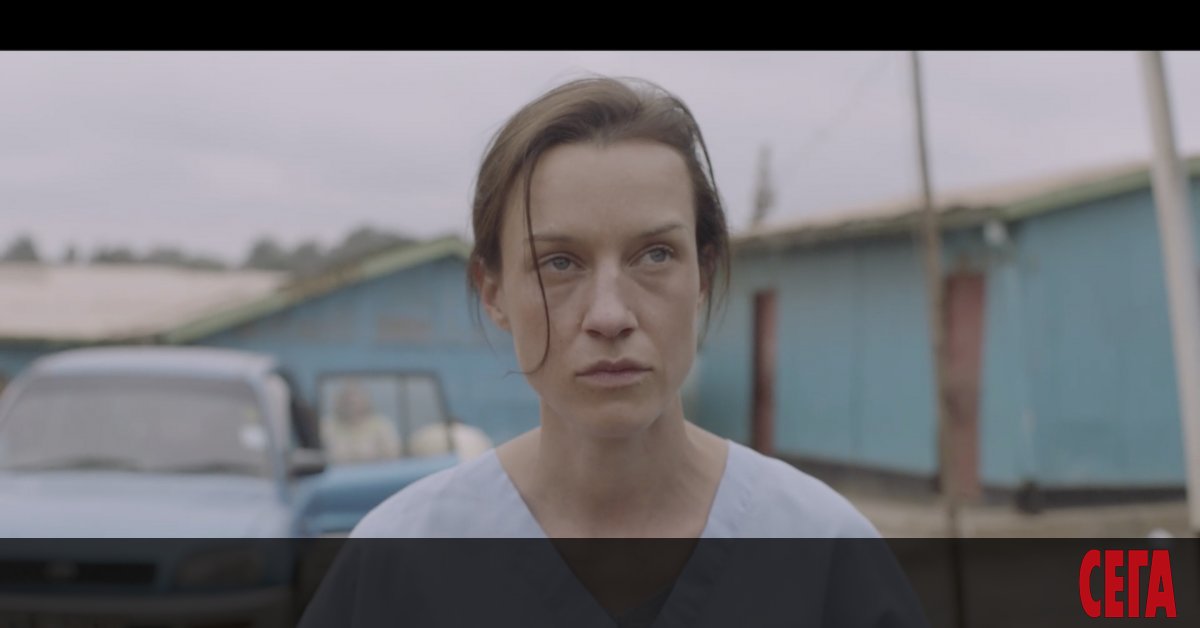A team of researchers from the La Jolla Institute of Immunology (LJI) in California has discovered how the immune system becomes an antibody-producing machine capable of neutralizing one of the most elusive viruses in existence: HIV.
Researchers once thought that B cells (which produce antibodies) spent weeks perfecting their weapons against viral threats, but new research shows that a “slow delivery, escalating dose” vaccination strategy can cause these cells they spend months mutating and improving their antibodies against the pathogen.
This discovery, published Wednesday (21.09.2022) in the journal Nature, is an important step towards the development of effective and long-lasting vaccines against pathogens such as HIV, influenza, malaria and SARS-CoV-2.
“This shows that the immune system can do truly amazing things if it has the ability and that patience is indeed a virtue in some contexts,” said study lead author Shane Crotty of LJI.
Pathogens attacking the body are covered in unknown proteins, and when the body’s dendritic cells see them, they signal T cells to start building an army.
B lymphocytes are warned that an invader is nearby and the molecular marker (or antigen) recognizes it, and they start making antibodies in structures called “germinal centers,” where the B lymphocytes mutate and taste their antibodies.
Those that do not mutate over time and do not improve their antibodies are eliminated and the B cells with useful mutations are sent to the organism for war.
The La Jolla Institute for Immunology (LJI), in California, United States
–
The vaccination strategy
The new study highlights the importance of lengthening the period in which B lymphocytes can evolve in the germinal centers.
For the research, collaborators at the Tulane National Primate Research Center vaccinated rhesus monkeys every other day for 12 days with a series of seven injections containing a “rising dose” of HIV antigen (the protein they wanted the immune system to detect). attack).
One group of monkeys were not vaccinated again, but two other groups received a booster injection at 10 weeks and the researchers then followed the monkeys’ immune responses.
The team also monitored the development of B lymphocytes in individual germinal centers.
The work revealed that the germ centers remained active and the B cells continued to evolve six months after the initial series of seven injections.
But how did the highly evolved B lymphocytes behave?
the finding
The scientists found that the monkeys given the series of seven injections and not a booster dose had a stable and long-lasting population of HIV antibodies six months after treatment.
These animals also had more immune cells (T helper cells) ready to recognize HIV antigen and launch B cells into battle, while the augmented animals had a second “spike” in antibody counts after their booster injection. but they didn’t end up with the same high quality antibodies.
The slow dosing and staggered dosing strategy had paid off.
The team is now investigating whether they can achieve the same quality of antibodies with two vaccines versus seven and also whether they can design an mRNA vaccine that causes the same B cell evolution by slowly producing the antigen over time.
ee (efe / Nature / Medicalxpress / La Jolla Institute of Immunology)
–


